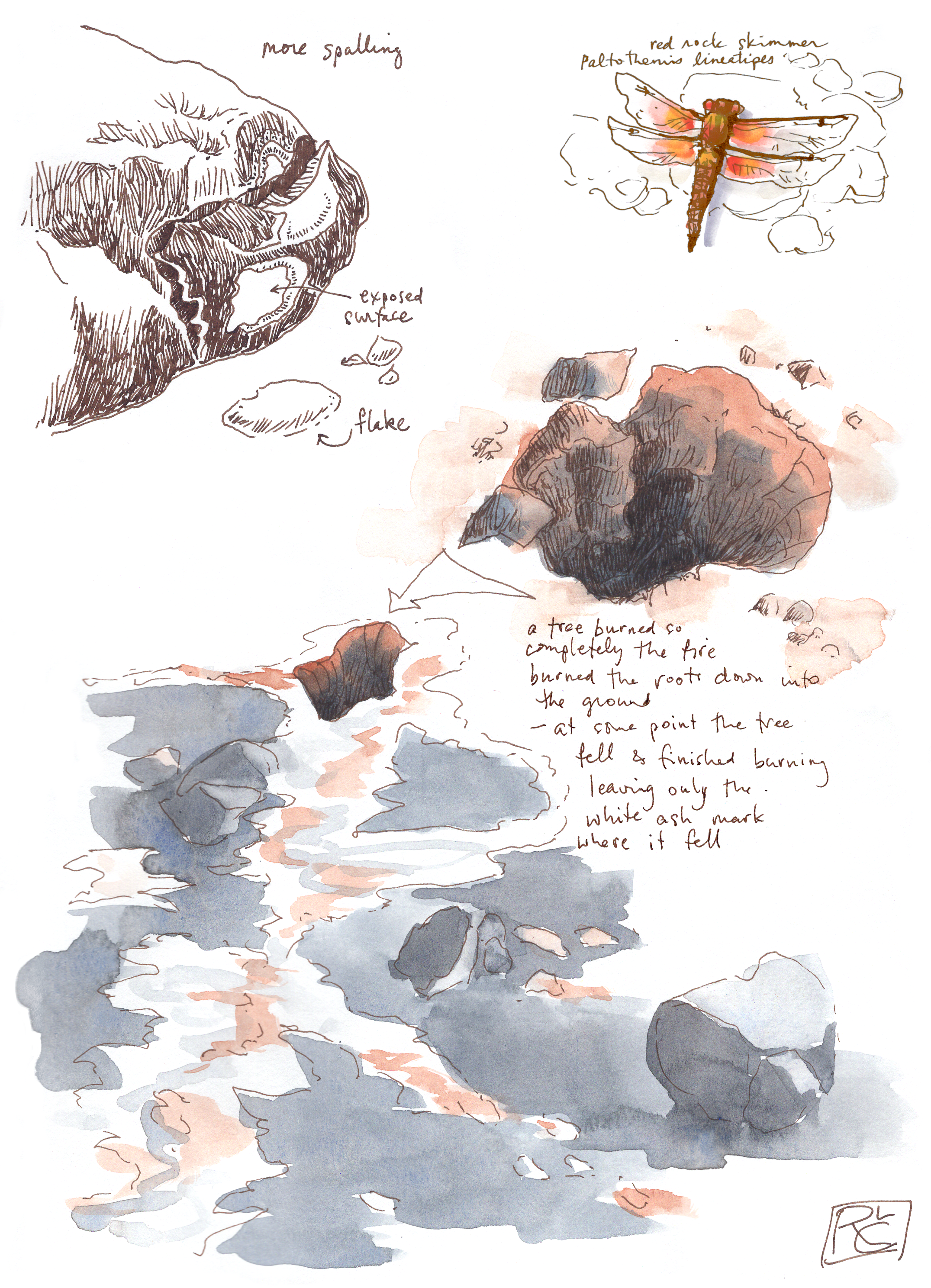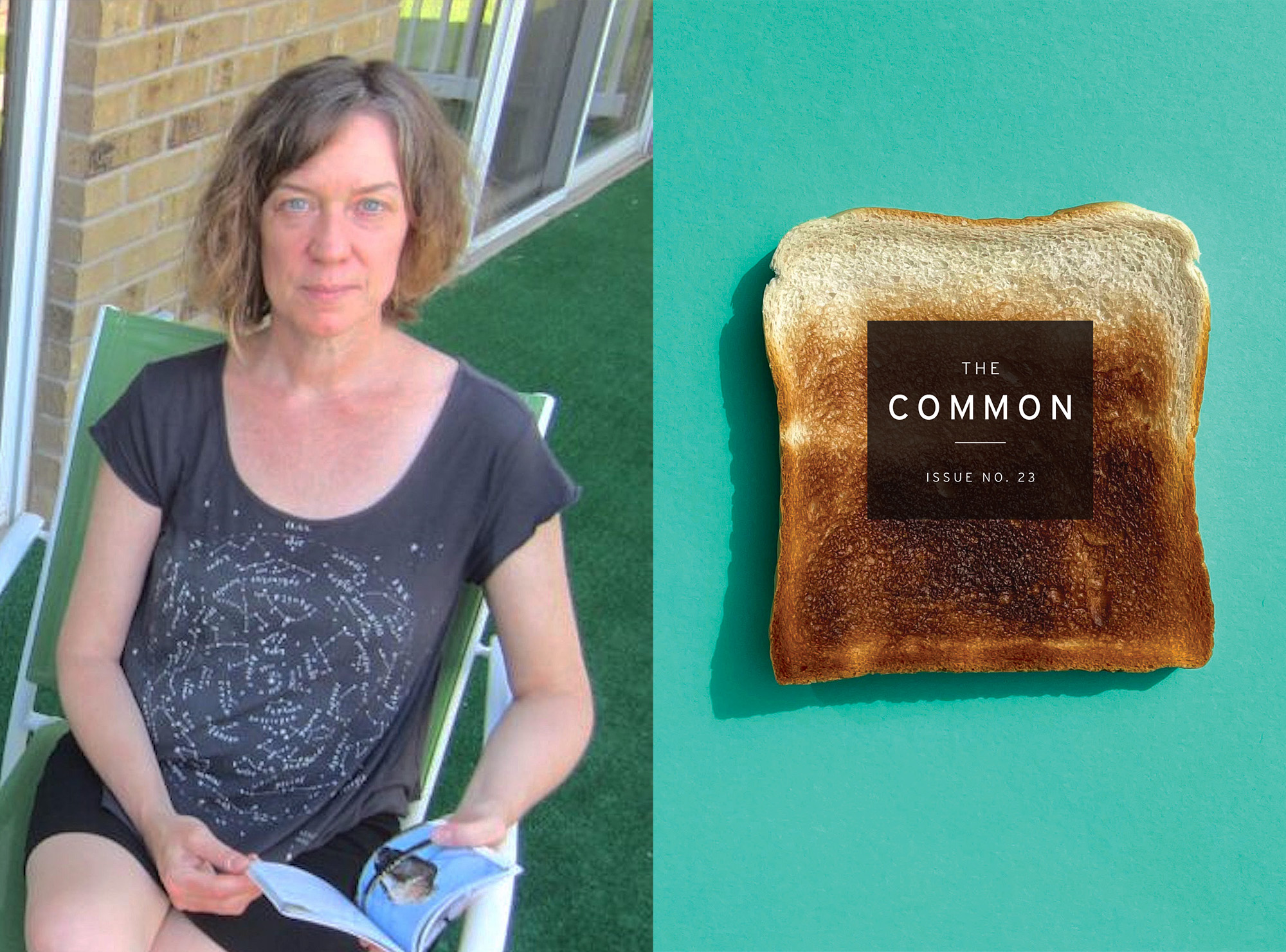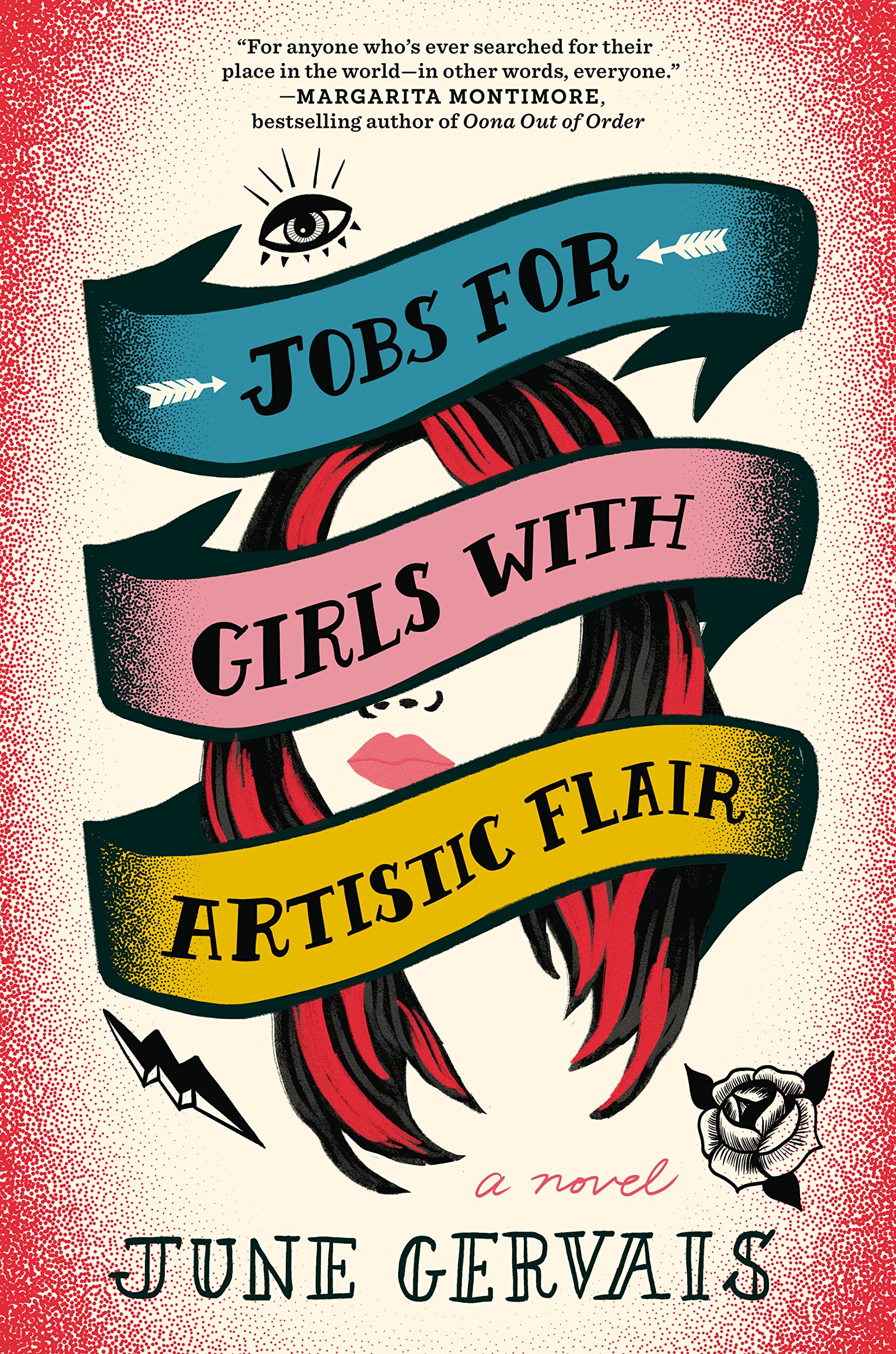By ALEX FOSTER
Every second, somewhere in the universe, a star explodes. All life within a trillion miles is condemned to apocalypse, all love forgotten. A supernova spits up a photon, a dribble of light, which rolls onward to another star and another before its path is intercepted by a giant, flailing planet Earth.
On which an ambulance, spraying its own red and blue photons into windows and lower eyelids, rockets down Michigan Avenue. Inside, a twenty-two-year-old woman sits upright on a stretcher, looking all around, proving her physical haleness by screaming at the top of her lungs, because until fifteen minutes ago, she didn’t know that she was pregnant, though she’d felt ill for some time, and then her water broke in a Starbucks bathroom.
At a moment of relative simultaneity, our photon is pulsing through clean air, through airplane windows and white linen kites. It skims a lake and pinballs in a web of sleek skyscrapers.
The woman, admittedly, would not have boasted a fully harmonious relationship with her body before all this; now, minutes after giving birth, things have devolved into open hostility. She’s clawing at her legs. She’s stubbing her toes on the steel door frame. Life is an improbability. It’s an unlikely confluence of pharmacological and genetic circumstances to be eight months pregnant and not realize. The ambulance swerves. She’ll be sick. It doesn’t help that she’s hungover. That her few bouts of morning sickness in the months past could be so easily blamed on margaritas and boxed wine.















